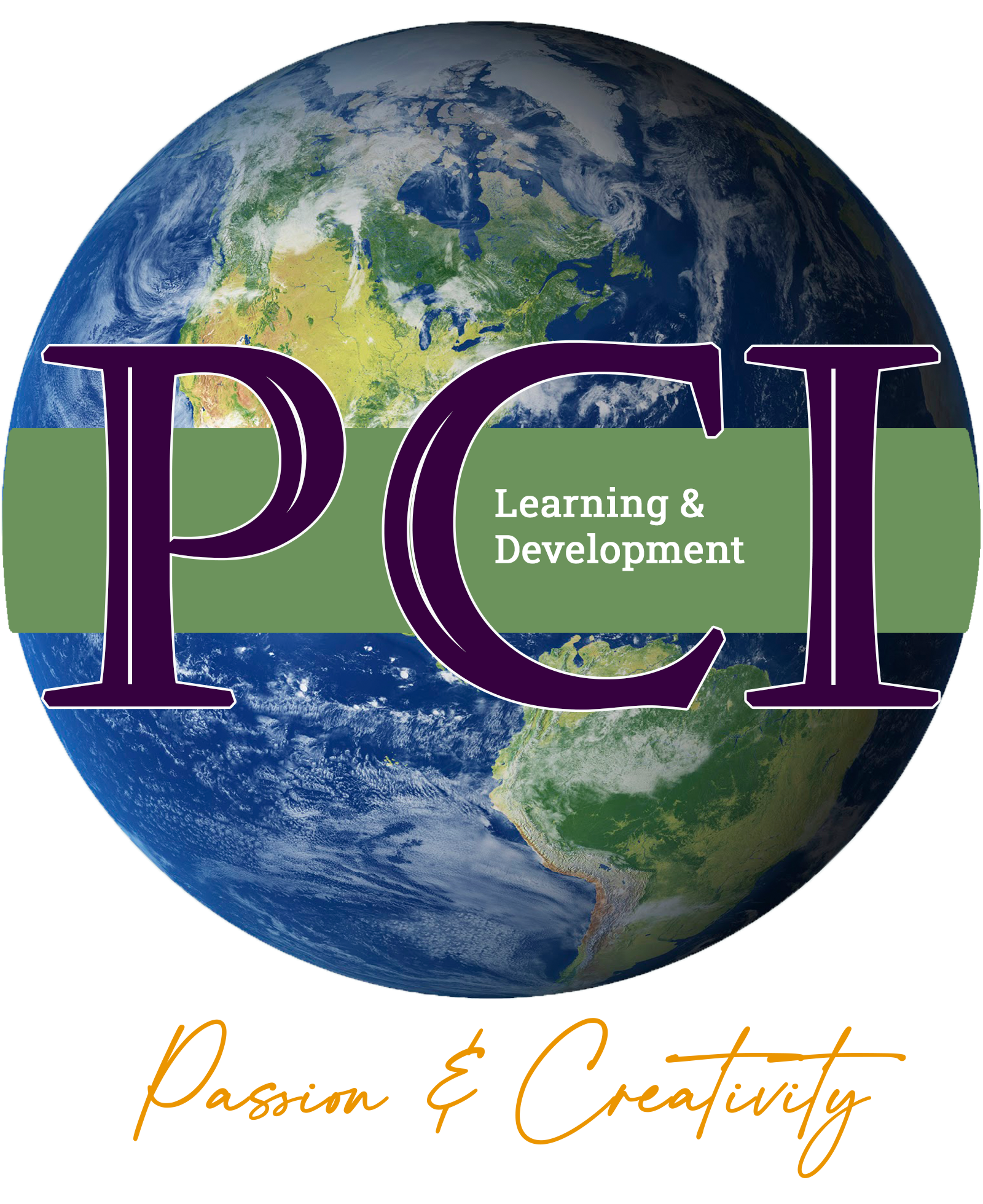Introduction:
In today’s fast-paced and ever-changing world, the ability to plan and organize effectively is crucial for both personal and professional success. Planning and organizing skills are foundational competencies that enable individuals to manage their time, resources, and responsibilities efficiently. These skills not only improve productivity and reduce stress but also contribute to achieving long-term goals and objectives.
The Importance of Planning & Organizing
Effective planning and organizing allow individuals to anticipate potential challenges, set clear goals, and develop actionable strategies to reach those goals. By prioritizing tasks and managing time wisely, one can ensure that important activities are completed on time and to a high standard. In a professional setting, these skills are essential for project management, team coordination, and ensuring that all resources are utilized effectively.
This comprehensive course on Planning & Organizing Skills is designed to provide participants with the knowledge and tools needed to enhance their planning and organizational capabilities. Whether you are a student, a professional, or someone looking to improve personal productivity, this course offers valuable insights and practical techniques to help you achieve your goals.

